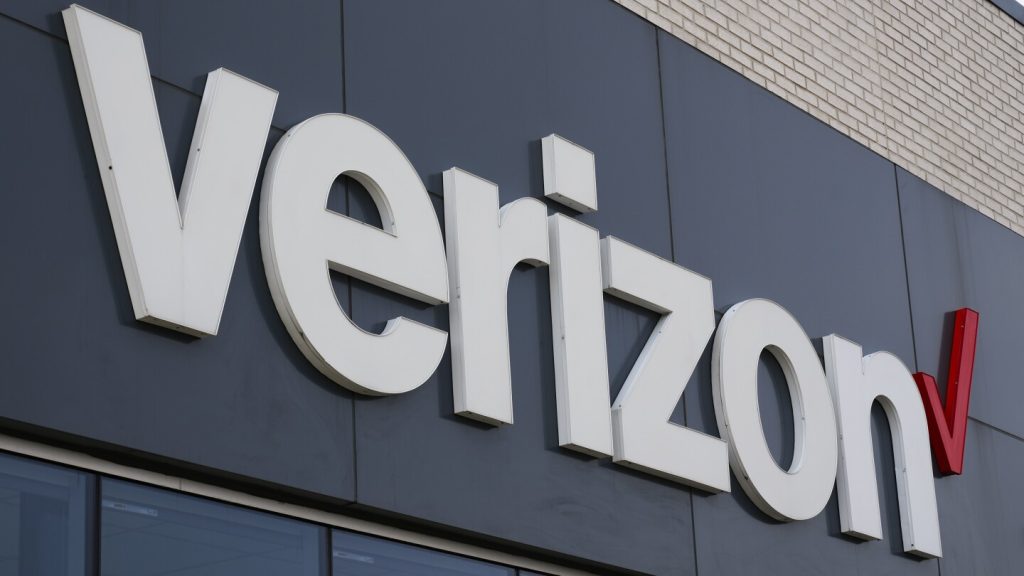Verizon’s acquisition of Frontier Communications for $20 billion aims to enhance its fiber network and expand its presence in artificial intelligence and connected smart devices. Frontier has significantly invested in its fiber network over the past four years, with over half of its revenue now coming from fiber products. With 2.2 million fiber subscribers across 25 states, Frontier’s acquisition will complement Verizon’s existing 7.4 million Fios connections in nine states and Washington, D.C. Additionally, Frontier plans to expand its fiber locations by another 2.8 million by the end of 2026. Verizon Chairman and CEO, Hans Vestberg, sees this acquisition as a strategic fit to improve competition and offerings in various markets across the U.S.
However, some industry analysts are skeptical of the potential of Verizon’s acquisition of Frontier Communications. Craig Moffett of MoffettNathanson Research expressed concerns about Frontier’s limited national fiber coverage, standing at 3.5%, which would only increase Verizon’s combined fiber footprint to around 13-17% of the country. Moffett believes that a fiber footprint covering 17% of the U.S. is insufficient to form the basis of a national wireless operator’s strategy. Despite these concerns, Verizon is forging ahead with the acquisition, aiming to leverage Frontier’s assets and expertise to grow its fiber network presence in key markets.
Verizon’s offer of $38.50 per share for Frontier represents a significant acquisition in the telecommunications sector. The deal is expected to close in approximately 18 months pending approval from Frontier’s shareholders. Following the Wall Street Journal’s report on the deal, Frontier Communications Parents Inc.’s stock rose nearly 40% and was briefly halted on Wednesday. However, on Thursday, the stock fell by 9%, reflecting some uncertainties regarding the acquisition. Similarly, Verizon’s stock experienced a slight dip following the announcement of the deal, indicating a mixed market reaction to the acquisition.
Verizon, headquartered in New York City, is positioning itself to strengthen its market position through strategic acquisitions and investments in key technologies. By acquiring Frontier Communications, Verizon aims to leverage its fiber network capabilities, artificial intelligence, and connected smart devices to expand its offerings and enhance its competitive edge in the telecommunications industry. With plans to integrate Frontier’s assets and build out additional fiber locations, Verizon is charting a path to grow its presence in various markets across the U.S. as it strives to deliver premium services to millions of customers through an expanded fiber network.
As the telecommunications landscape continues to evolve with advancements in technology and changing consumer preferences, companies like Verizon are adapting by pursuing strategic acquisitions to expand their capabilities and market reach. The acquisition of Frontier Communications represents a significant move for Verizon in bolstering its fiber network and strengthening its position in key markets. While there are skeptics of the deal, Verizon is optimistic about the long-term benefits it will bring in terms of enhanced offerings, increased competitiveness, and expanded customer base. As the deal progresses towards closing in the coming months, it will be interesting to see how Verizon integrates Frontier’s assets and executes its growth strategy to capitalize on the opportunities presented by this acquisition.


